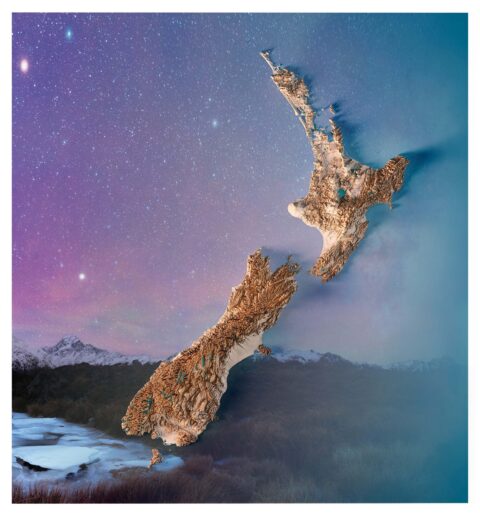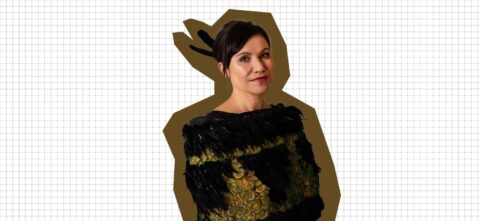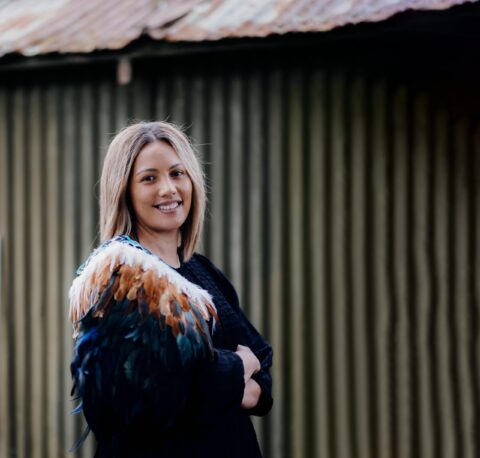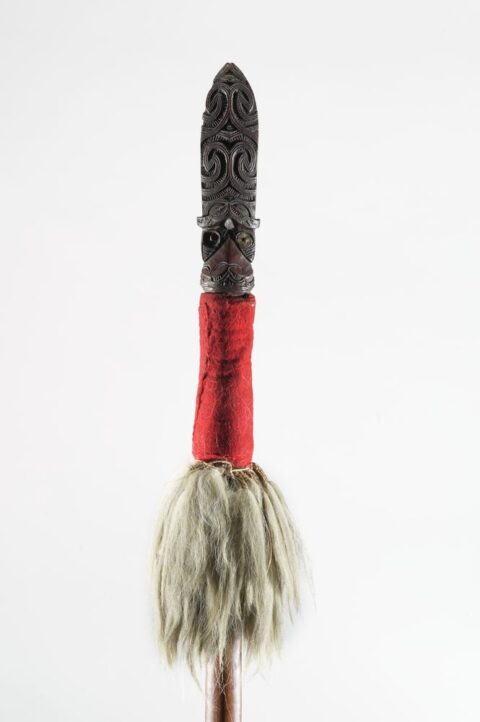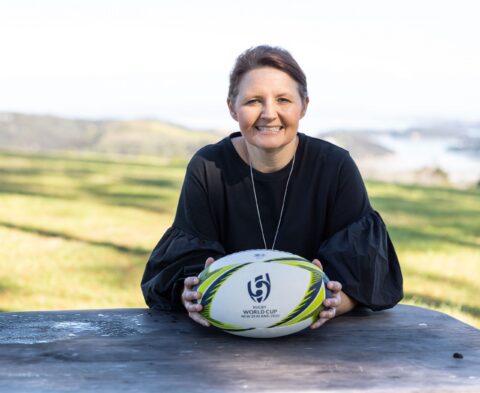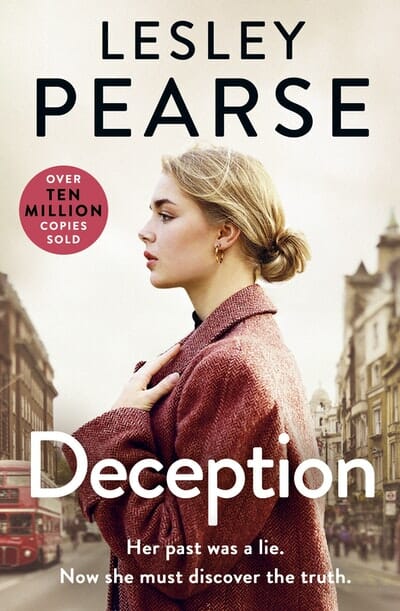
Published by Century – Penguin Random House, RRP $37
Ko wai au? Who am I? It’s a question we all ask ourselves at some point, and in searching for answers to this most human of questions, many of us find ourselves stumbling into another: nō wai au? Who did I come from; who do I belong to? For Alice Kent, in Lesley Pearse’s 30th book, Deception, the questions start when a dark-haired stranger named Angus Tweedy approaches her at her mother’s funeral and tells her he is her father. In spite of everything she was raised believing to be true – that she is the daughter of Ralph and Sally Kent – Alice soon learns that Sally Kent was once Helen Tweedy and that she, Alice, is the result of a bigamous marriage between her and Angus. Though she initially fights it, she searches her feelings and knows it to be true.
Determined to find out the truth about her past, Alice sets about hunting down half-forgotten memories of post-war London, piecing together a patchwork of snatches from old flames, past friends, and calcified gossip, hoping to catch a glimpse of the woman her mother really was. But as she goes deeper, more questions are raised. Is her mother Janet Masters, the alcoholic’s daughter? Is she Fleur Faraday, the touring actress? What about the rumours that she ran a brothel? As we follow Alice on this journey of revelation and witness the woman behind this mystery of a mother, we can’t avoid our own questions. What does it mean to be yourself when you’re constantly changing who you are? Are you always you or never really you? Can a lie told often enough become the truth? Can we imagine identity into being just by wanting it to be so? Can we deny the things we know have happened when we can’t bring ourselves to face them? If the story of my past is not what I thought, does that make me not myself?
For Alice, “this isn’t a character in a book, it’s [my] mum. . . I want to know everything, warts and all. What she was and what she did. And perhaps why.” Some of us, having trawled through archives and photos or mailed vials containing cheek swabs or spit to overseas labs, may have encountered things we might not want to find, things we’d maybe prefer weren’t true, about us and about those who made us what we are. Alice is no different: “Some of it might have been distressing, and a lot she would never reveal. . . But she knew her mum now, and that was what she’d set out to do.” And so will you, even if, at the end of the day, Sally’s story – or Helen’s or Fleur’s or Janet’s – happens to be fiction.


